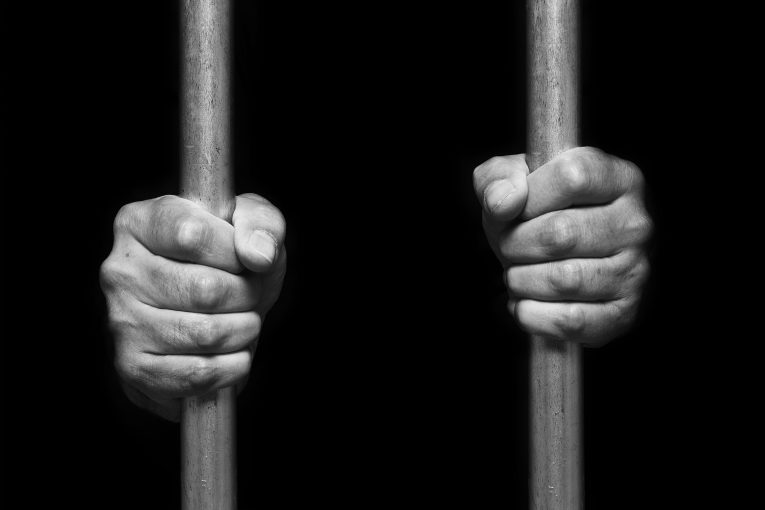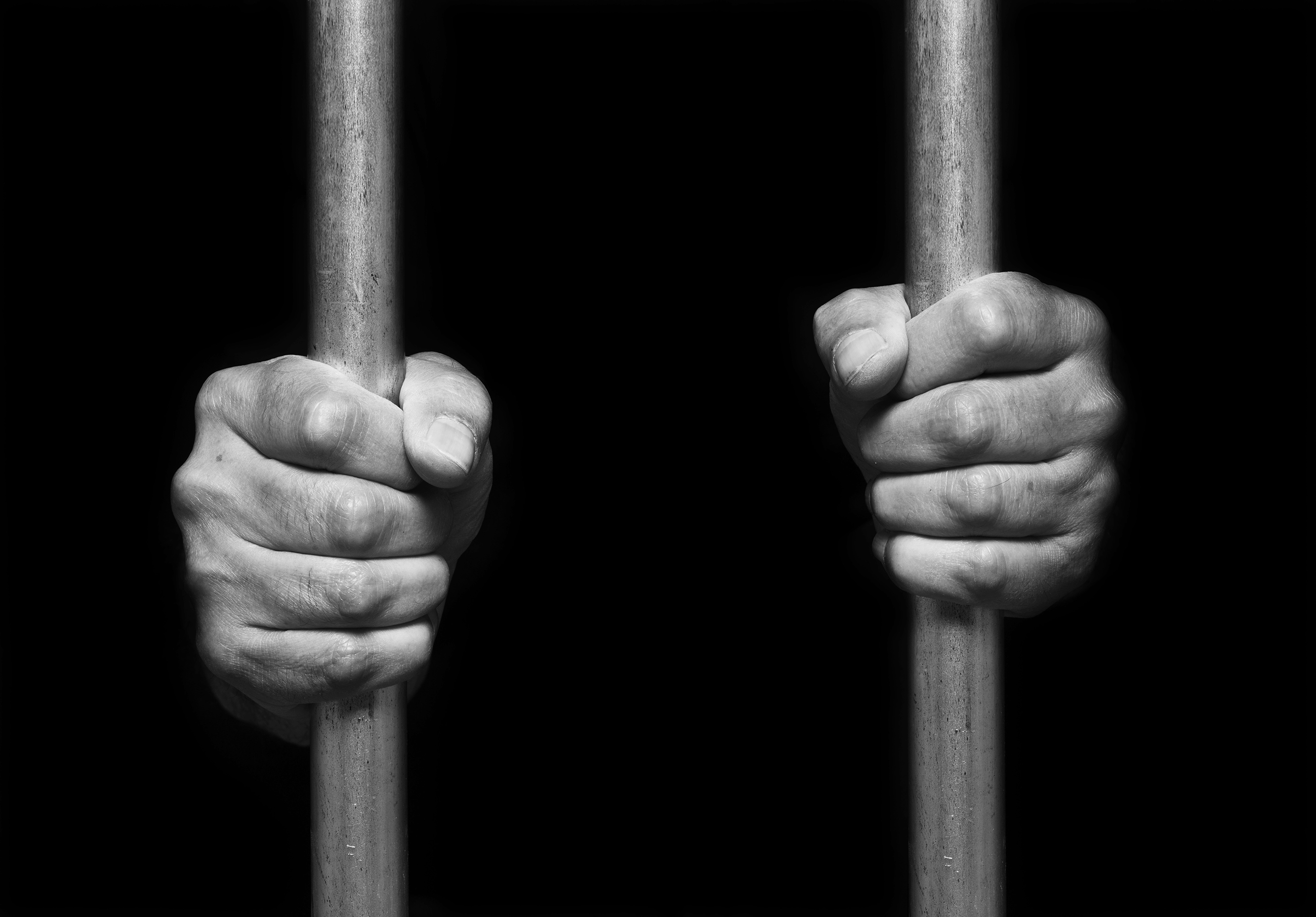

By Barbara Chavez
As I read Bob Egelko’s coverage of the recent CA Supreme Court Hardin decision in the SF Chronicle, I couldn’t help but reflect on my own painful journey through the criminal justice system. It was at the age of 25 that I, too, found myself facing the grim reality of a draconian sentence. A single mother of color, I was caught up in a robbery as the designated “look-out.” The weight of that sentence felt unbearable, but fate intervened, and I was fortunate to have my sentence commuted after enduring 20 long years.
Egelko’s article struck a chord with me, as it illuminated the continued injustice faced by young individuals sentenced to life without the possibility of parole (LWOP). The recent decision by the California Supreme Court in the Hardin case only adds to the  disappointment felt by the statewide DROP LWOP Coalition. The court’s majority opinion, denying youth offenders with LWOP sentences the chance for youth offender parole hearings, is a harsh blow to those hoping for redemption.
disappointment felt by the statewide DROP LWOP Coalition. The court’s majority opinion, denying youth offenders with LWOP sentences the chance for youth offender parole hearings, is a harsh blow to those hoping for redemption.
I find solace in the dissenting opinions put forth by Judges Evans and Liu, who courageously highlighted the profound racial disparities ingrained in LWOP sentencing. It’s a painful reality that over 60% of individuals sentenced to LWOP in California were 25 or under at the time of their offense, with more than 68% being Black and Brown. This stark truth underscores the urgent need for reform and compassion in our justice system.
What deeply troubles me is that the CA Supreme Court’s decision seems to defy the national trend towards abolishing LWOP for youth. In January 2024, the Massachusetts Supreme Court took a monumental step by ruling that LWOP violates their state constitution for anyone under the age of 21. Furthermore, in 2023, the United Nations urged the U.S. to impose a moratorium on all LWOP sentences. It is disheartening to witness California going against this tide of progress.
In the face of this setback, our coalition must redouble its efforts. With over 5,200 individuals currently serving LWOP sentences in California, we cannot afford to lose sight of our mission to advocate for a second chance through the parole process. The call for reform echoes not just in courtrooms but in the shared experiences of those who have lived through the darkness of unjust sentences.
Let us stand united, drawing strength from our collective stories, and continue the fight for a more compassionate and equitable justice system.
Barbara Chavez, who served two decades on an LWOP sentence; member of DROP LWOP and 2024 Outside Fellow with Ella Baker Center
